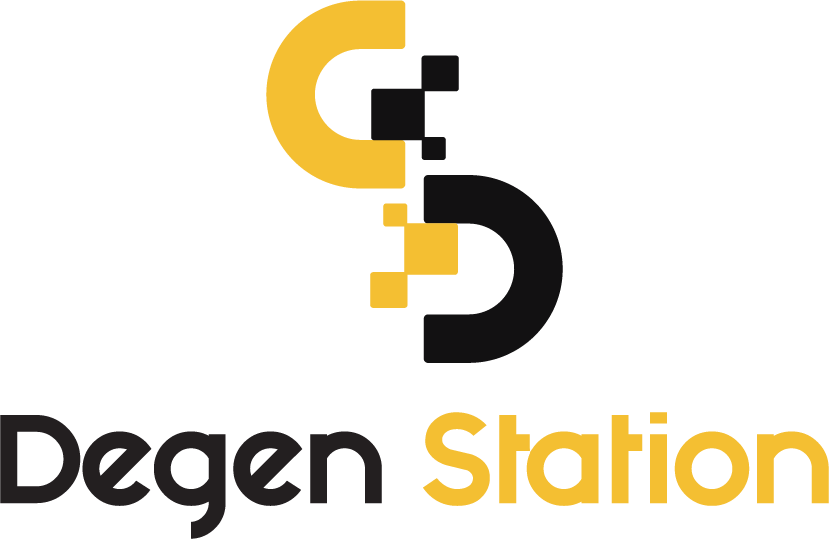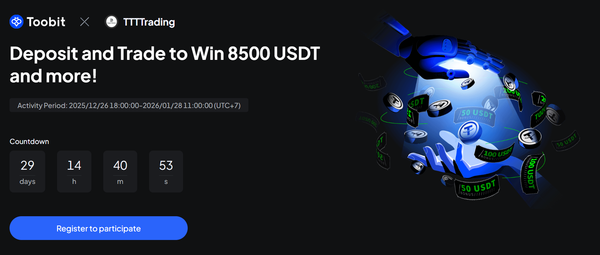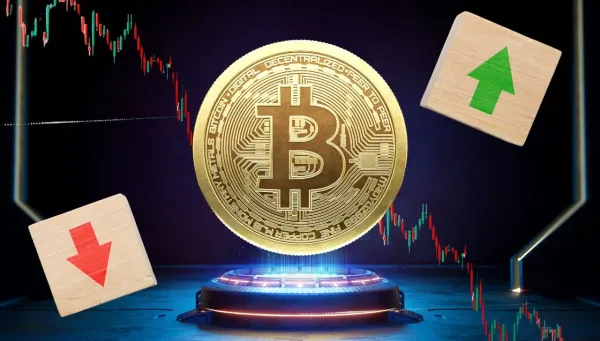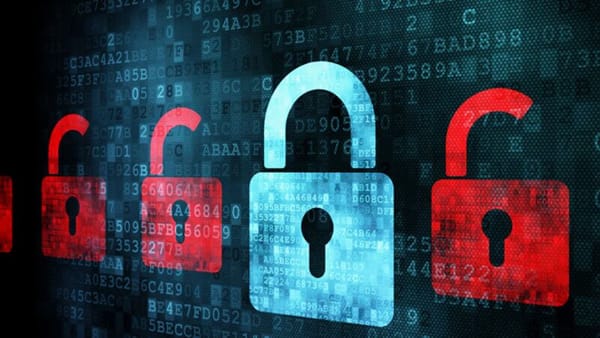Bitcoin Ordinals and BTC Transaction Fees Hit New Highs
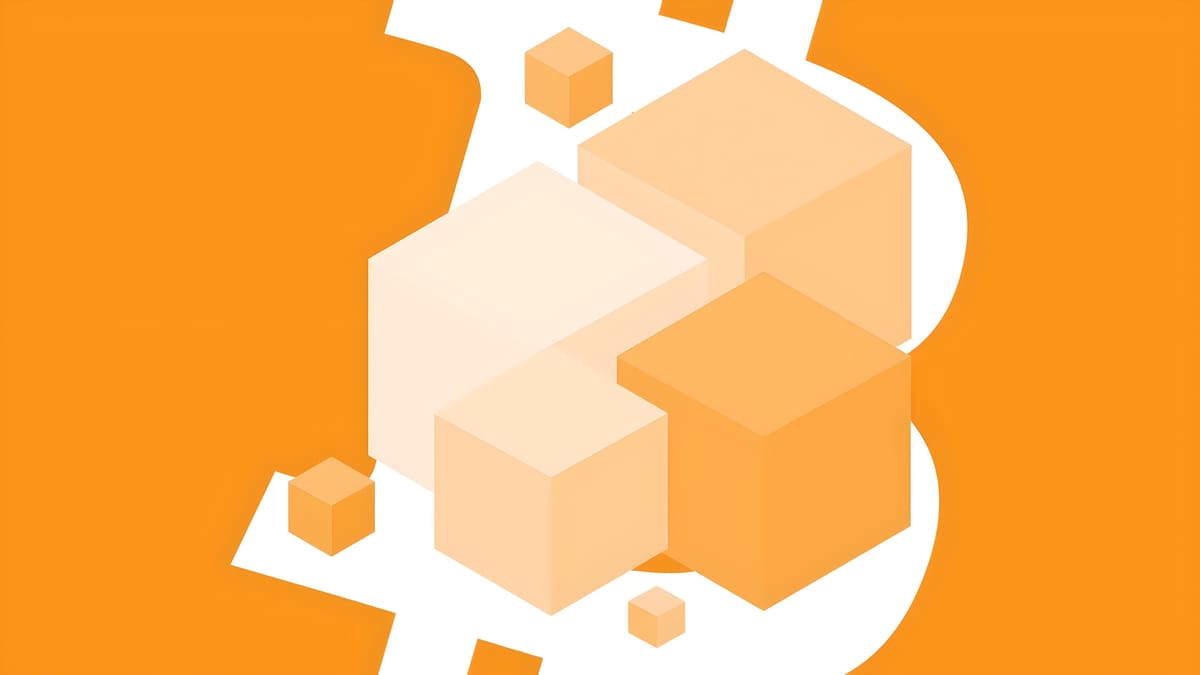
The Bitcoin Ordinals sector and BRC-20 tokens continue to prove their appeal, with the number of Inscription transactions soaring and driving a significant increase in BTC transaction fees.

Bitcoin Ordinals and BTC Transaction Fees Hit New Highs
Bitcoin Ordinals and BRC-20 tokens maintain their momentum despite ongoing debates within the community about the role of Inscription.
According to data from Dune Analytics, the total number of Inscription transactions on the Bitcoin network has surpassed 10 million. Additionally, 1,593 BTC (equivalent to over $44 million) has been paid in fees to inscribe these transactions.

Source: Dune Analytics
Currently, more than 250,000 Inscription transactions are recorded daily, a slight decrease from the peak of 400,000 Inscription transactions observed on May 7.
However, over 80% of these Inscription transactions are BRC-20 tokens, primarily consisting of memecoins. This trend indicates that users and the community view Ordinals largely as a playground for memecoins on Bitcoin, rather than a platform with long-term development potential.
Data from brc-20.io shows that the total market capitalization of BRC-20 tokens has reached approximately $430 million, down 50% from the near $1 billion mark achieved on May 9.

Overview of the BRC-20 Token Market. Source: brc-20.io
Despite this, a major drawback of Bitcoin Ordinals is the increase in BTC transaction fees and the growing block size, which contribute to Bitcoin's network becoming increasingly cumbersome. This issue is frequently cited by critics who advocate for transaction censorship.
On the flip side, a busier network means miners can earn more from transaction fees. Indeed, data from The Block indicates that gas fees accounted for 14.3% of miners' total revenue in May, the highest rate since April 2021, and a significant rise from the 2.9% reported in April.

Percentage of Miners' Revenue from Transaction Fees. Source: The Block
Furthermore, with Bitcoin Halving 2024 approaching, the block reward for miners will be halved, increasing their dependence on transaction fees. This shift is likely to lead miners to support more "active" network activities rather than enforce stringent transaction censorship.
